Wondering if butter is bad for you? Learn the facts vs. myths about butter, heart health, and how it fits into a healthy diet.
The post Is Butter Bad for You? The Myths & Facts appeared first on MyFitnessPal Blog.
Butter’s reputation has bounced around over the years–from being labeled a dietary danger to being embraced as a natural, wholesome kitchen staple. So it’s no surprise if you’re uncertain about where it fits in a healthy eating pattern. What may be even more confusing is where margarine fits into the picture.
Thankfully, you’re in the right place. Let’s take a look at the facts, so you can figure out if and how butter can fit into your eating routine, and how much you can include.
What’s Actually in Butter?
Butter is made by churning cream until the fat separates from the liquid, creating a rich spread that’s roughly 80% fat (3, 4). The majority of that fat is saturated, the kind linked to raising cholesterol when consumed in large amounts. A tablespoon of butter contains around 100 calories, so it adds up quickly if you’re not measuring or being intentional about portion sizes (4).
Beyond fat, butter contains trace amounts of fat-soluble vitamins like A, D, E, and K (5). However, it’s not a significant source of these nutrients unless you’re eating quite a bit. I wouldn’t recommend eating butter for the nutritional content since you can get these nutrients from healthier foods (2).
You may have heard that grass-fed butter is more nutritious than the conventional kind. It’s true that butter from grass-fed cows may contain slightly more omega-3s along with a touch more conjugated linoleic acid (CLA)—a fatty acid being studied for its potential health benefits (6). Grass-fed butter may also have slightly less saturated fat (6). But the differences are modest and don’t change the overall picture much. Butter is still a high-calorie, high-saturated-fat food best used thoughtfully in moderation, where it makes sense (2).
You might also like
The Link Between Butter and Heart Health
Concerns about butter and heart health date back decades due to its high saturated fat content (7). Diets high in saturated fat have been associated with increased levels of LDL cholesterol—the type linked to a greater risk of heart problems over time (8). That’s why public health recommendations have long advised limiting saturated fat (1, 8).
The Dietary Guidelines for Americans suggests to keep saturated fat to less than 10% of total calories, or about 13 grams of saturated fat daily (8). That’s a little less than the amount in two tablespoons of butter (4).
Of course, food choices rarely happen in a vacuum. What you’re eating instead of butter matters, too (2). Replacing it with refined carbs won’t improve heart health, but swapping in unsaturated fats from plant sources, like olive oil or nuts, can have a positive impact (
Related Posts
Recommended Story For You :
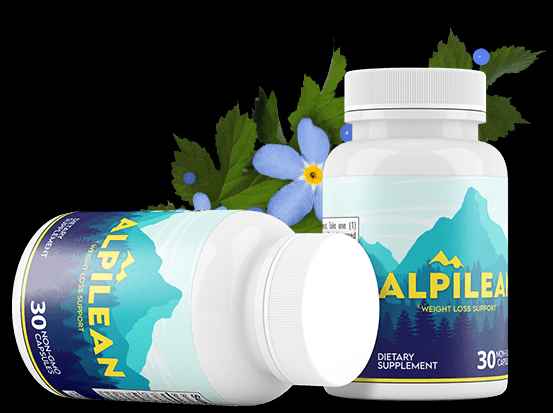
The alpine secret for healthy weight loss

The Most Potent Fast-Acting Formula For Incinerating Stubborn Fat

Real Cortexi Users Real Life‑Changing Results
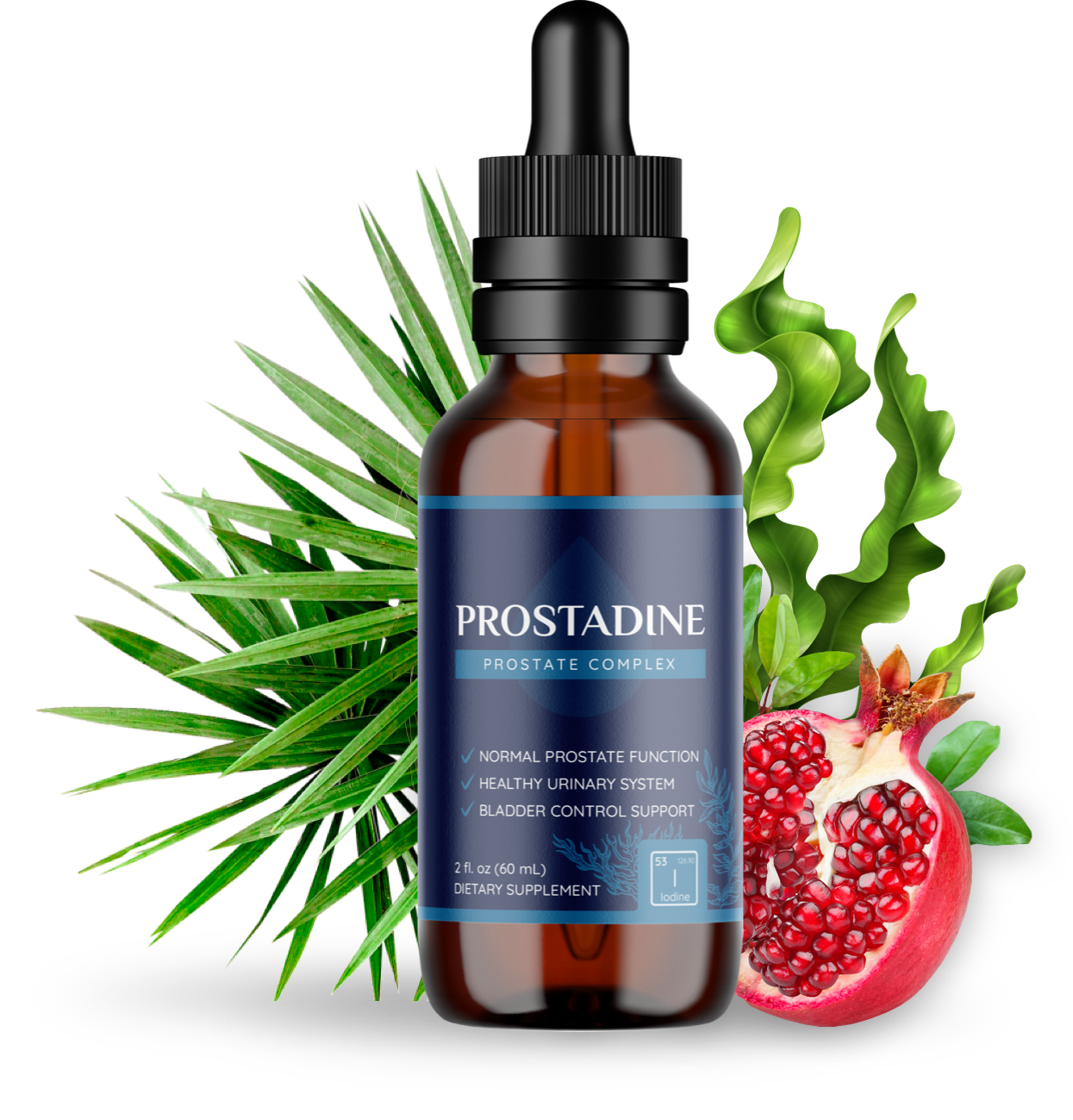
This Cold Drink Might Trigger Your Prostate
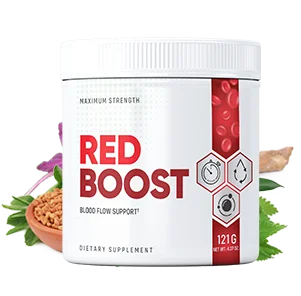
Red Boost is a powerful new formula for boosting male sexual health.
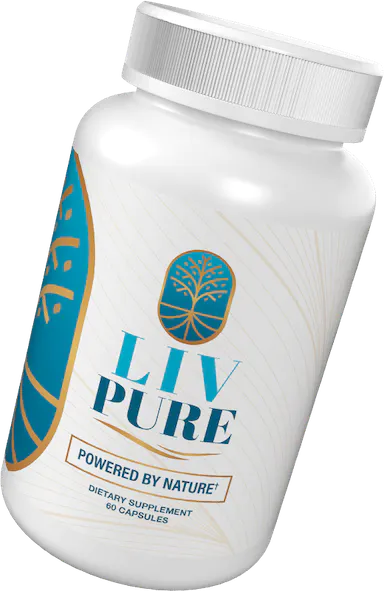
Everything you eat or drink eventually reaches your liver for processing.

Brand New Probiotics Specially Designed For The Health Of Your Teeth And Gums

Empowering You to Take Control of Your Blood Sugar Health!

Scientists Finally Discover the Root Cause of Belly Fat and Unexplained Weight Gain
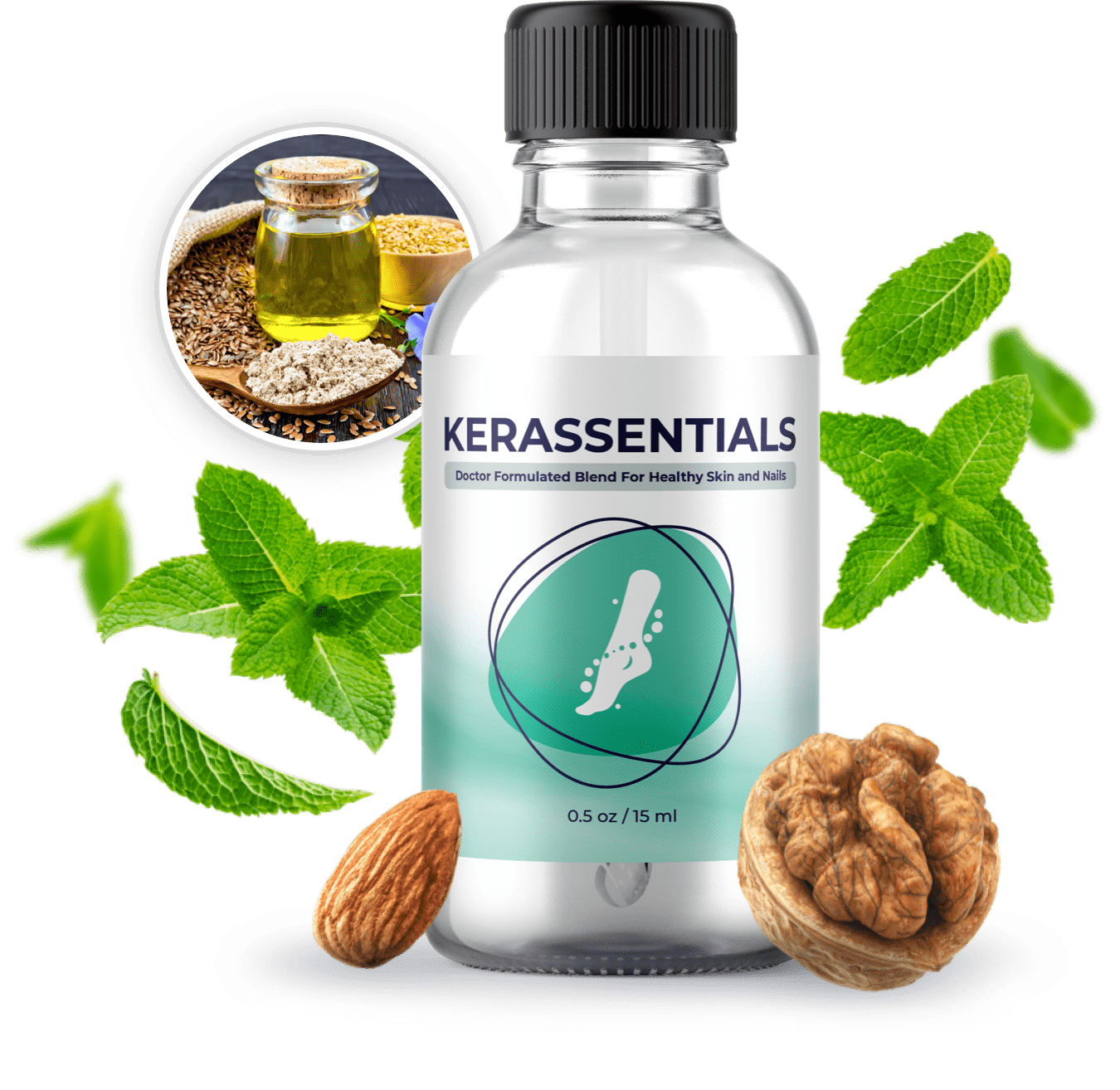
Oils Fight Fungus Resistance And Support Healthy Nails And Skin



